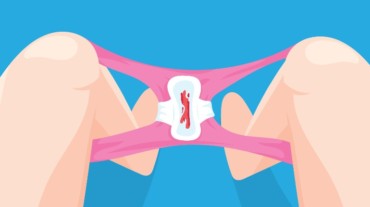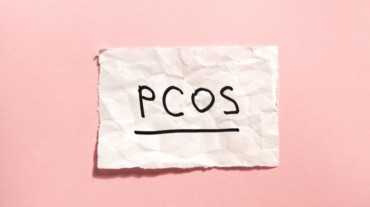Chat with ![]()

Chat with ![]()


The word menstruation brings forth images of irritability, depression, bloating, acne, migraines, heavy bleeding, pain and a host of discomforts for a large proportion of women. Periods are heavily stigmatized by society and women simply accept the discomfort as a part of life.
But are periods really meant to be like this? This Menstrual Hygiene Day, let’s delve deep into what a healthy period looks like; what you can do to alleviate problems; and which symptoms mean trouble:
1. A normal period lasts about 4-5 days, with a cycle length of 24 to 38 days and an average, easy to handle flow. You can expect some abdominal cramping during the first couple of days, which can be usually managed with mild painkillers.

2. Heavy, irregular bleeding is common in the first two years of puberty and it usually settles on its own. In rare cases, the bleeding can be due to some hereditary bleeding disorders. As such, a medical checkup is a good idea if bleeding does not stop during a period.
3. Every woman’s menstrual flow is unique, and it is difficult to define what constitutes a heavy flow. The medical definition of heavy bleeding is more than 80 ml of blood flow during your entire period, but it is difficult to quantify in real life.
4. If you need to change pads very often, especially at night, it means you are bleeding quite heavily. Another sign can be passing large size clots. Consistently low hemoglobin (anemia) can also be evidence of excessive flow.
5. Reasons for heavy bleeding include but are not limited to hormonal disturbances, uterine fibroids, and pelvic inflammation, and you should visit your gynecologist if you are experiencing any of these. Most of these problems can be treated medically, usually with hormonal treatment. Rarely, you might require surgical treatment. Meanwhile, make sure you have a diet rich in iron and protein.

6. The most common reason for missing periods, apart from pregnancy, is polycystic ovarian syndrome (PCOS). Signs of PCOS include weight gain, abnormal facial hair or acne. Consult your doctor if you miss more than three periods in a row or experience any of the above.

PCOS is primarily managed by lifestyle modifications such as regular exercise, weight reduction and a healthy diet. However, hormonal treatment may be required in extreme cases.

7. If you experience severe pain during periods, especially if it starts a few days before the flow begins, it can mean that you are suffering from a condition called endometriosis or adenomyosis, wherein your uterine lining is growing in areas where it shouldn’t. If left undiagnosed and untreated, endometriosis can lead to infertility and long-term debilitating pain.
Also, Read: 4 common period problems and what to do about them, according to a gynae
8. PMS can be severe enough to disrupt relationships, both personal and work-related—even though since time immortal, women’s bad mood during PMS has been the target of ridicule to suggest otherwise. The reality of PMS is irritability, crying spells, and unwarranted anger—all of which is quite distressing.